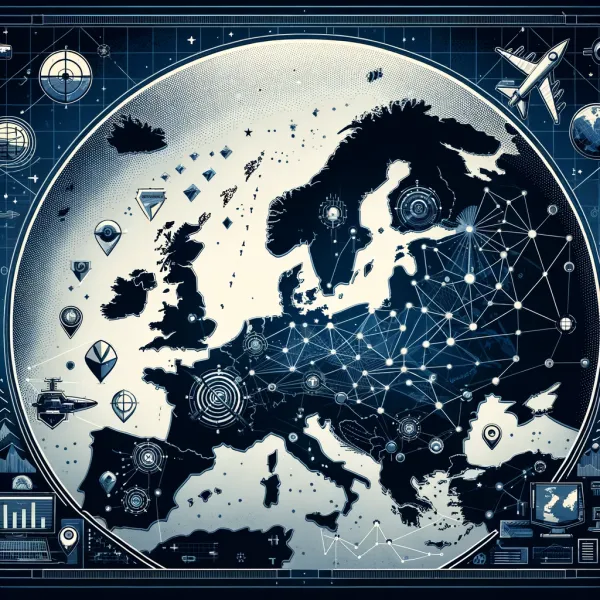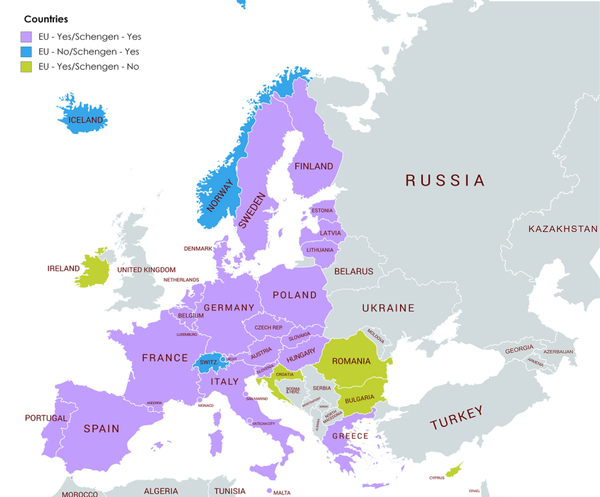
EU Proposes Common Digital Identity Wallet
A so-called “digital identity wallet,” which would grant access for all European citizens to public and private services through their mobile phones, was proposed by the European Commission on Thursday. The EU body argues the COVID-19 pandemic showed the need for more user-friendly online services. Via the proposal, the Union wants to make sure that the European Digital Identity wallets will be accepted by Google, Apple and Thales, and financial institutions’ wallets.
EC vice-president in charge of digitalization, Margrethe Vestager, said, “The European digital identity will enable us to do in any member state as we do at home without any extra cost and fewer hurdles.”
According to the EC’s calculations, the introduction of such an electronic wallet could generate about EUR 9.6 billion in the EU and would create as many as 27,000 jobs over a 5-year period. As of today, 14 EU member states have their own e-ID cards.
Source: Reuters.com





